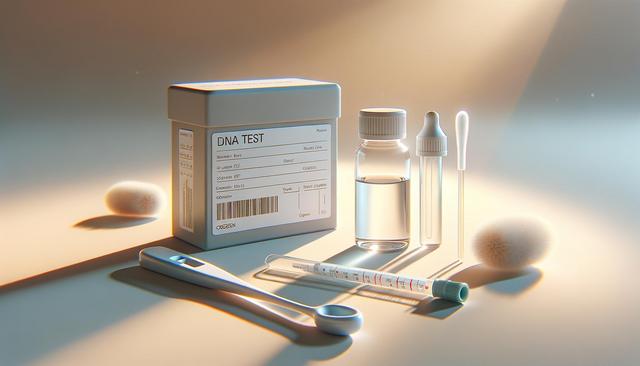Understanding the Science Behind DNA Testing
DNA testing relies on analyzing specific sequences within an individual’s genome to identify traits, ancestry, or potential health risks. The accuracy of these tests varies depending on the purpose. For example, paternity tests are typically over 99% accurate, while ancestry interpretation can be less precise due to differences in reference populations. In health-related testing, identifying genetic predispositions to conditions like cancer or heart disease depends largely on the number of gene markers tested and the breadth of the database used for comparison. Still, even with advanced tools, interpreting these results requires a nuanced understanding of genetics, environment, and lifestyle. As technology improves, so does the reliability of these insights, but interpretations should always be considered as part of a larger diagnostic picture.
From Medicine to Maternity: Integrating DNA with EHR Systems
The integration of DNA testing into electronic health records, especially through EHR obstetrics software, has transformed prenatal care. These platforms enable healthcare providers to access genetic information that can help predict potential complications during pregnancy or identify inherited conditions early. For example, doctors can use genetic screening results to assess risks for conditions like cystic fibrosis or Down syndrome. EHR obstetrics software allows for better tracking and sharing of this data, making it easier for multidisciplinary teams to collaborate on care plans. However, challenges such as data privacy, consent, and the risk of over-reliance on genetic data remain. While a DNA management system can streamline access and storage, the ethical handling of sensitive information must remain a top priority in medical environments.
DNA in Hiring: The Promise and Pitfalls of Genetic Recruitment
In the workplace, some emerging recruitment software tools are experimenting with DNA-based insights to evaluate candidate traits related to temperament, stress response, or cognitive function. These tools may integrate with applicant tracking software to offer a more detailed profile of potential hires. While this approach is still largely experimental and controversial, proponents argue that it could help place individuals in roles better suited to their natural strengths. However, potential drawbacks include privacy concerns, ethical dilemmas, and the risk of genetic discrimination. Companies using such technology must adhere to strict data protection regulations and ensure that any use of DNA data is voluntary and transparent. It’s essential to maintain a balance between innovation and respect for individual rights.
Managing Genetic Data: Tools for Secure and Effective Use
As the volume of genetic data grows, so does the need for robust systems to manage it. A specialized DNA management system helps store, organize, and secure sensitive genetic information. These systems are crucial not only in healthcare but also in research and corporate environments where genetic data may be used for product development or workforce planning. Key features often include:
- Secure data encryption and access controls
- Audit trails for data usage
- Integration with existing EHR or recruitment software
- Compliance with data protection laws
Effective management ensures that genetic data is both accessible and protected, reducing risks associated with unauthorized access or data breaches. As more organizations handle genetic information, the role of these systems continues to grow in importance.
Limitations and Ethical Considerations of DNA-Based Technologies
Despite the promise of DNA technology, there are clear limitations that users and providers must acknowledge. DNA testing does not predict the future with certainty—it suggests probability based on current knowledge. Factors such as gene-environment interactions, lifestyle, and unknown mutations can all influence outcomes in ways that current science cannot fully predict. Moreover, the use of DNA in hiring processes or health decisions raises ethical questions. How much should employers know about a candidate’s genetic background? Should patients make major medical decisions based on probabilities? As applicant tracking software and recruitment software evolve to include more data points, including potentially genetic information, these questions become more pressing. Transparency, informed consent, and responsible data usage must guide any implementation of DNA-based technologies.
Conclusion: Navigating the Future of DNA Testing with Care
DNA testing offers remarkable potential across industries—from enhancing patient care through ehr obstetrics software to refining hiring processes with recruitment software and applicant tracking software. However, accuracy, ethics, and responsible data management remain critical. As organizations adopt DNA management system solutions to handle genetic data securely, it becomes equally important to understand the limitations and implications of these tools. Moving forward, success will depend not just on what technology can do, but on how thoughtfully we choose to use it.




Leave a Reply